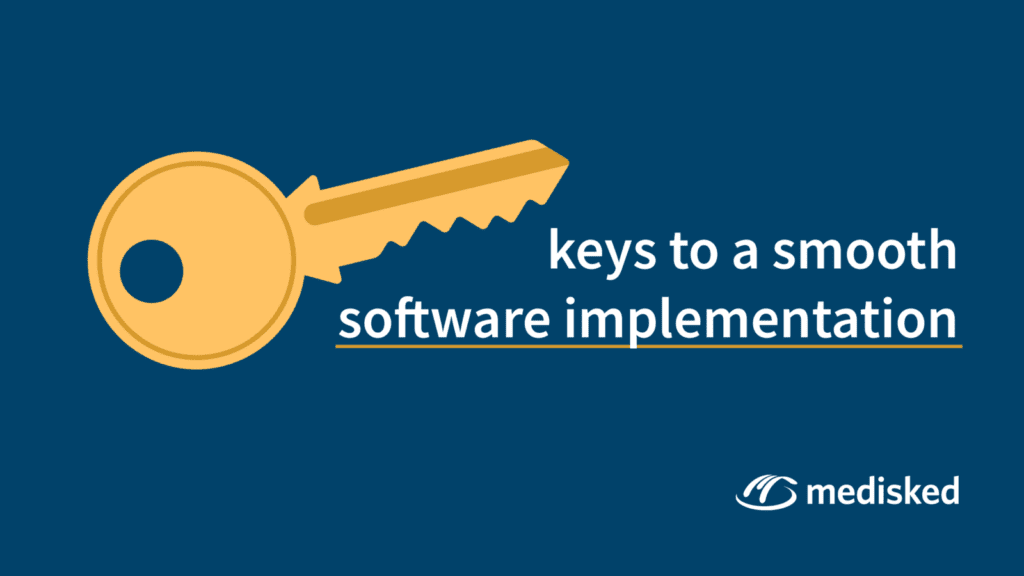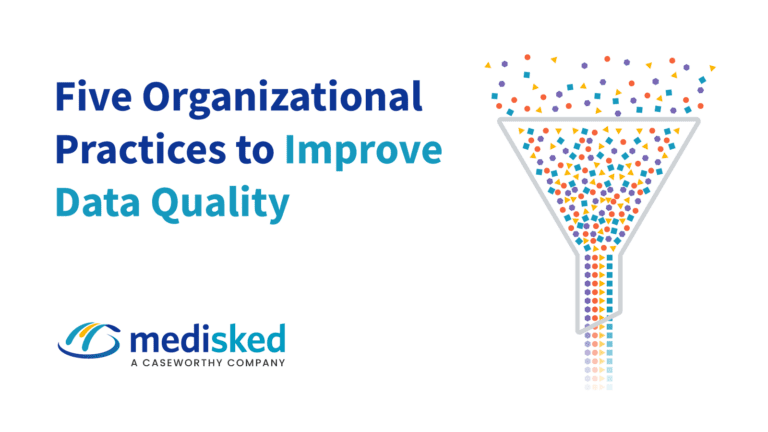Every project starts with a vision and a goal. Project management is key to ensuring there is a clearly defined path to that goal and that all aspects of the project stay on course. While every software vendor should have a dedicated Project Manager to oversee the project, they can’t do it alone. Your agency’s team members and decision-making skills are vital to the project’s success. As soon as the project goals have been defined, you should be identifying the necessary participants for your own project team, starting with your Project Manager. They’ll need to be ready to answer questions, guide decision-making, and assign resources throughout the life of the project.
So how can your agency’s Project Manager ensure their project progresses on schedule and delivers what was agreed to? Participation!
Anticipate regular check-ins with the vendor during the implementation. The frequency of these may vary based on the type of project but should be recurring at an agreed-upon cadence for the life of the project. Key participants for these meetings are members of both project teams, with occasional meetings that may require additional, subject matter-focused resources. Advance communication of each meeting’s agenda is vital to ensuring the right resources are included so the meeting can be as productive as possible. Delays in getting input from resources can have a bigger impact on the project schedule than one might anticipate.
To build on that, identifying the correct resources early in the project and clearly defining their responsibilities is crucial. If a project deliverable is to set up an interface to send and receive EDI x12 files, very likely a member of the Integrations team is necessary to accomplish this. That resource needs to be aware of their role and the schedule so that they are available when the project reaches that point.
Imagine the project is moving along on schedule and you reach the point where the integration resource is needed, only to discover they are unavailable. The project schedule, that deliverable, and any deliverables dependent on that are now at risk. Clearly identifying resources and keeping them informed of their responsibilities, the schedule, and any changes to that schedule are essential to prevent this.
Another key to successful project management is close collaboration between the vendor and client to ensure both teams have scheduled activities in the right order. Looking again at the project deliverable to build an interface to exchange EDI x12 files, this will likely require work by both teams. If the vendor has the work scheduled to be completed in March and testing with your team to start in April, but you have the work scheduled to start in May, it is highly unlikely that testing will occur in April. This can lead to deliverables getting off schedule and often, unnecessary frustration on both sides. Actively reviewing the upcoming deliverables and status to confirm both sides are on track is key to preventing this.
During every project, there will be additional items identified or changes to already agreed upon deliverables proposed by either side. Often these may seem minor enough to implement, but both Project Managers should proceed with caution. Adding unplanned items means additional work, which can prolong the schedule.
Even in instances where a minor change may speed up the delivery, it is still important to review all aspects of that change before proceeding. Will the change take less time, but at a greater cost? Will it speed up production, but make testing take longer than originally planned? Does the change still align with the project vision and deliver the same goal? Changes to agreed-upon deliverables should not be implemented until they have been thoroughly reviewed and formally agreed to by both sides.
The goal of every project team is to have a successful implementation that stays on schedule, maintains the original project vision, and delivers the agreed-upon goal at the close. While there are likely to be bumps along the way, how those are handled by both the vendor and client is key to a successful project implementation. Staying in frequent contact with the vendor, reviewing the schedule often to confirm both sides are on track, and keeping resources informed will help ensure that risks can be mitigated early and the project progresses as originally planned!








